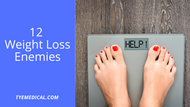12 Weight Loss Enemies: Fat Burning Foes to Avoid
Written by TYE Medical on Jan 21st 2022
For most of us, losing weight isn’t easy. In fact, it’s often downright difficult because there are weight loss enemies around every corner. Even if you’re sticking faithfully to a healthy diet and exercise plan, those stubborn pounds can be tricky to shed.
If you’ve hit a roadblock in your weight loss journey, it’s probably time to identify lurking foes that are preventing your success. But the good news is that you can easily neutralize these roadblocks once recognized. Even pinpointing just one can have a tremendous impact on your weight loss goals.
1. Refined Carbs
Newsflash: you need carbs! They’re not the enemy that the media claims them to be—that is if you’re eating the right type of carbs. An appropriate amount of the right carbohydrates fuels your body and brain with necessary energy.
You want to include complex carbs in your diet (like brown rice, oats, quinoa, and vegetables) which are excellent sources of necessary energy and nutrition. But be sure to avoid simple or refined carbs that promote obesity, elevate blood sugars, and chronic inflammation. Examples include most processed snack foods and anything made with white flour or sugar.
2. Dehydration
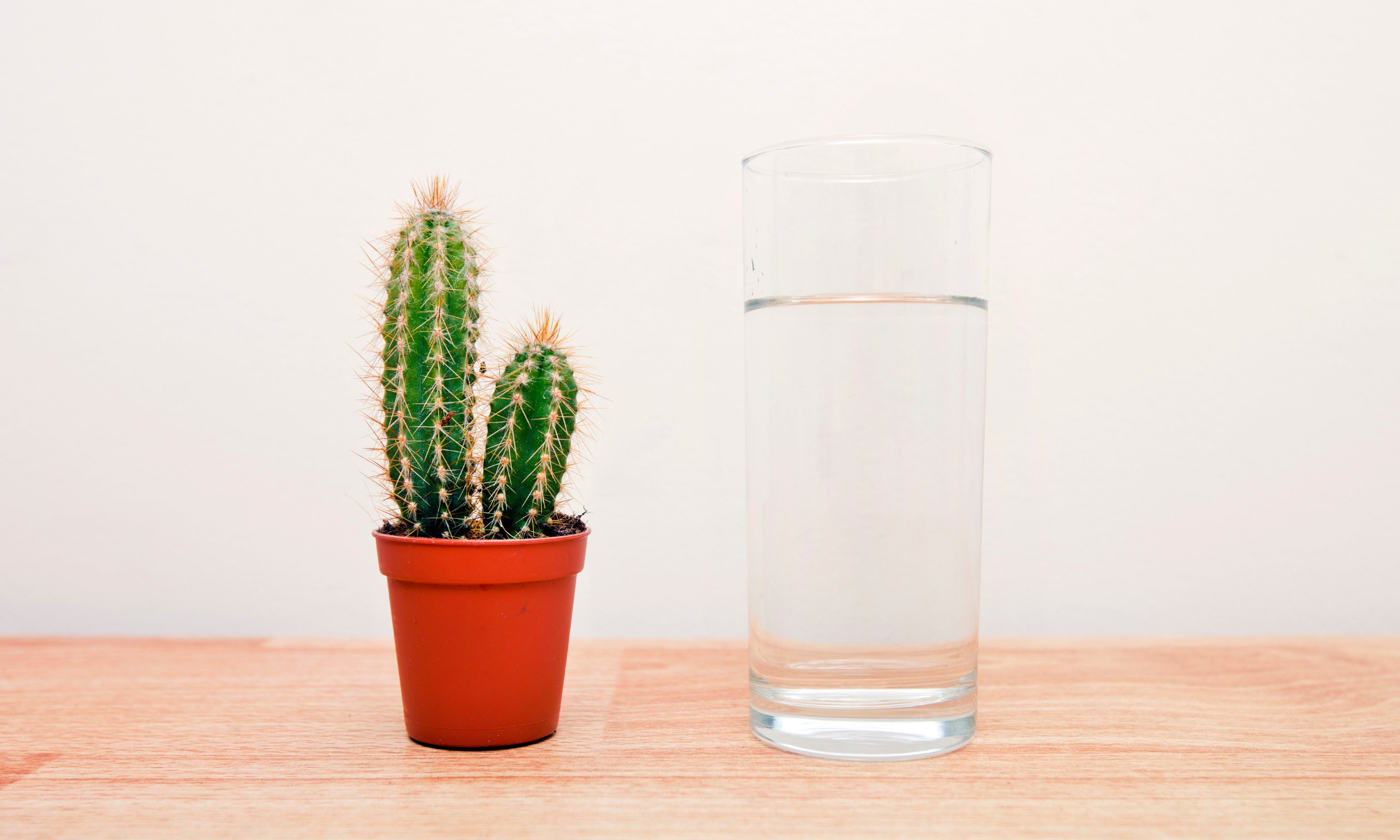
You’ve probably heard about drinking to prevent fluid retention, but did you know that it affects weight loss more directly? Dehydration slows various chemical reactions in the body, including your fat-burning process. A lack of hydrating fluids actually keeps you from burning fat, even if you’re dieting and exercising.
Even though it can be a huge roadblock, dehydration is also one of the most easily defeated weight loss enemies. But keep in mind that the commonly recommended 64 ounces of water per day is only a minimum. Most people need more (decaffeinated) hydrating fluids than this, so find your optimal fluid intake that keeps you feeling well without running to the bathroom too frequently.
3. Overeating
You’ve probably heard how it’s best to wait before dishing out seconds, and it’s sound advice. In fact, it takes 20 minutes for your brain to recognize your stomach is full and send out the signal. So even though you might not feel full enough after your usual portion, don’t be too quick reach for more.
If you continue to eat even after recognizing you’re full, it’s considered overeating. Eating to this degree stretches your stomach, causing it to press on other organs. This gives you that uncomfortably full feeling that usually fills you with regret. "Ugh! I shouldn’t have eaten so much!”
But worst of all, overeating means you’ve got a calorie surplus rather than a calorie deficit. And we all know that a calorie surplus leads to weight gain over time. This is because extra calories create fat deposits that lead to obesity.
4. High Sodium Intake
This one might surprise even the savviest dieters. It’s not only about fluid retention or junk food. Researchers have found that salt is one of the most insidious weight loss enemies. It can actually make fat cells grow larger. Yikes!
Your body only needs ¼ teaspoon (575 mg) of salt daily but most people get 20 times that amount. Whatever diet you choose to follow, be sure to monitor your sodium intake and keep it below 1500-2000 mg for optimal health and weight loss. The American Heart Association recommends consuming under 1500 mg.
Just remember that in addition to reducing the amount of table salt in your diet, you’ll also want to minimize processed foods that are often loaded with salt. So, be sure to read labels!
5. Lack of Sleep
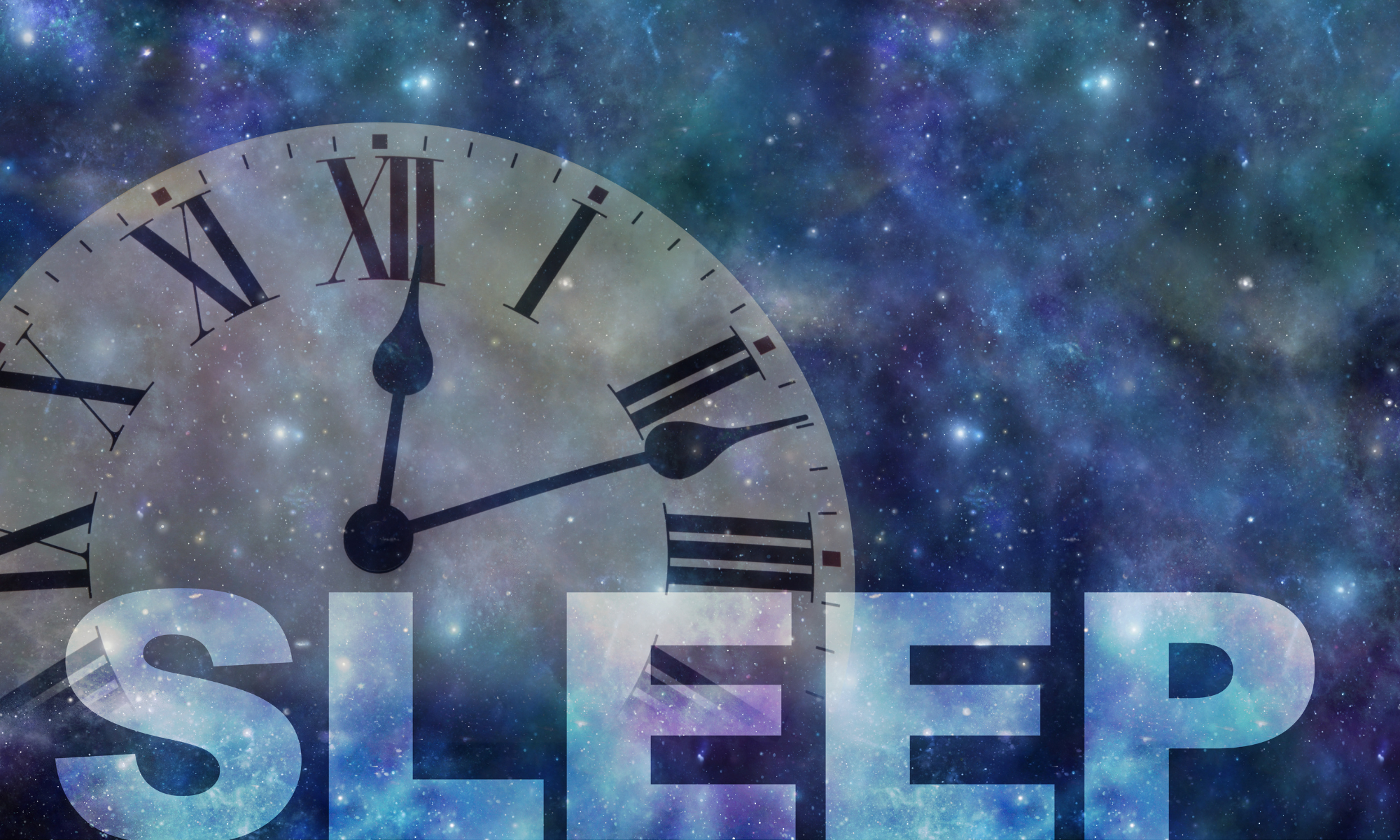
Sleep deprivation also obstructs weight loss in a big way. If you’re trying to drop pounds, getting enough shut eye is a must. Even if you’re eating no food at all and exercising, your body will stubbornly refuse to release fat. Instead, a lack of sleep triggers fat conservation, because it throws your body into survival mode, halting your metabolism.
To make matters worse, seep deprivation also stimulates hunger hormones and the stress hormone cortisol. In short, a lack of sleep is directly linked to weight gain. So, if you want to defeat this weight loss enemy, be sure to get at least 7-8 hours of sleep at night. But listen to your body, because you may need more than this, especially if you have certain health conditions.
6. High Stress Levels
Stress comes in many forms. While you might recognize the pressure that comes with an impending deadline, it’s easier to overlook the impact of chronic emotional stress. Whether you live under the weight of a high-pressure job or a difficult personal situation, high stress levels are a common cause for stalled weight loss and even weight gain.
Like sleep deprivation, chronic high stress elevates cortisol levels, which curbs or stops the fat burning process. But the good news is that when you resolve the underlying issue, whether through management techniques or a change of situation, the weight will often melt away, provided you’re sticking to a healthy eating plan.
7. Stress Eating
One of the most common enemies of weight loss is eating to alleviate stressful emotions rather than hunger. During these times of high stress, most people crave unhealthy foods that are high in fat, sugar, and calories. But there is science behind these choices. Junk food and processed food release large amounts of dopamine and other feel-good chemicals, which means you can come to depend on poor food choices to help you feel better.
If you feel like you need some comfort food, try eating an apple and peanut butter instead of sweets or some unsweetened Greek yogurt with stevia and berries instead of ice cream.
8. Caloric Beverages
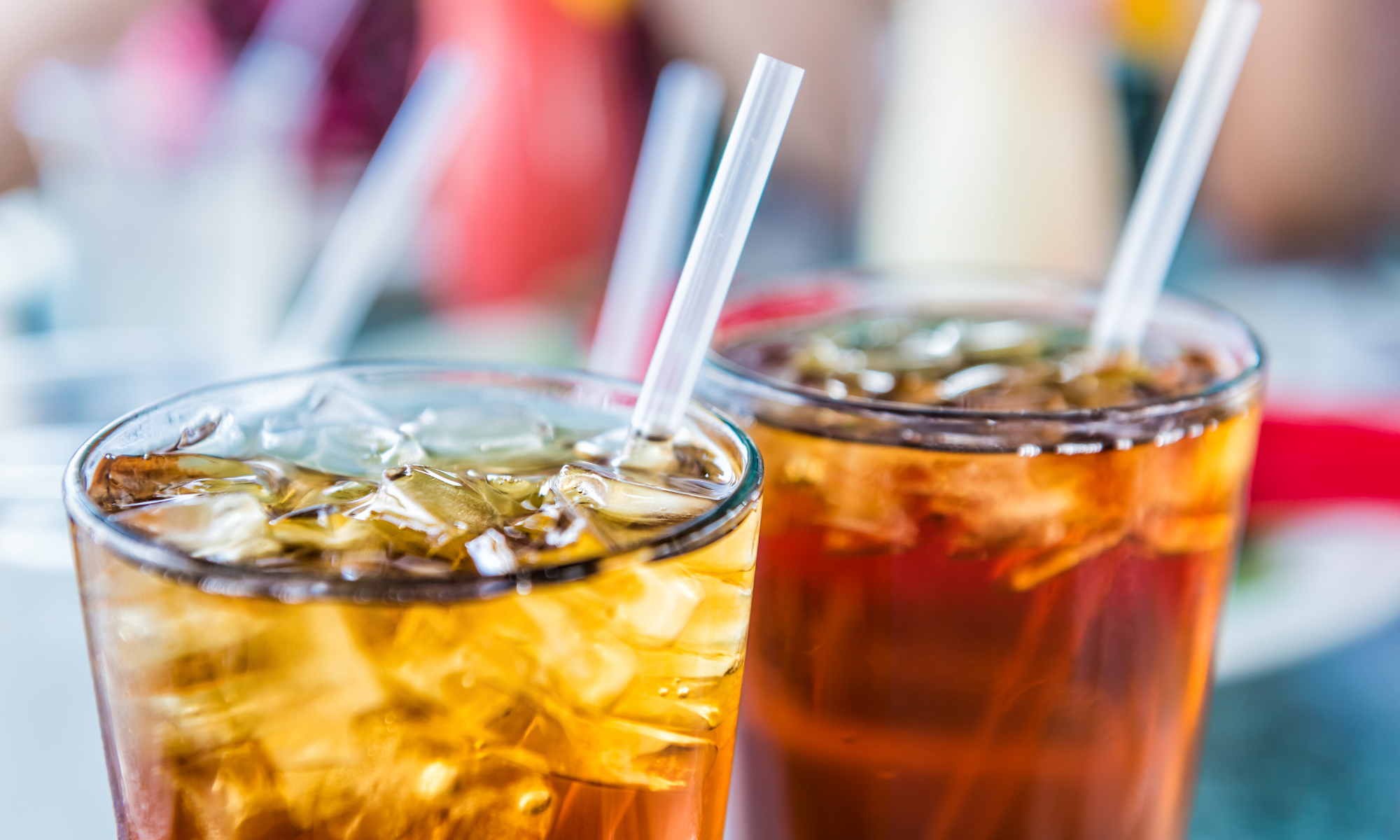
Drinking your calories means you’re consuming large amounts of sugar that will pass quickly through your system and whet your appetite for additional food or drink. Fruit juice contains concentrated amounts of natural sugar, more than you need in a serving. This means you’re also getting more calories than you would if you just ate a piece of fruit. And of course, soda is loaded with sugar and has no nutritional value. It’s best to avoid sodas altogether and replace them with flavored, unsweetened seltzer water.
If you want to indulge in a serving of fruit juice, be sure to include it as part of your daily calorie intake. But if you’re interested in getting more of your calories through food to stay satisfied longer, opt for fresh or frozen fruit instead of juices.
9. Chronic Inflammation
Long-term inflammation leads to insulin resistance, which means your body increases insulin output to lower blood sugar levels. But the problem is that insulin is also a fat storing hormone and triggers the creation of new fat cells. Typically, the additional fat is stored around the midsection, adding belly fat and increasing your risk for various health conditions.
You can reduce inflammation by getting enough rest, reducing stress, and eating an anti-inflammatory diet.
10. Trigger Foods
When you think about weight loss enemies like trigger foods, you probably think of cookies, cakes, potato chips, French fries, and doughnuts. These foods are high in fat, sugar, salt, and calories. And because trigger foods stimulate those feel-good chemicals mentioned earlier, you’re more likely to binge on them and overeat.
But it’s possible to pass on trigger foods most of the time. When you start eating mostly complex carbs, curbing sugar, and eating more protein and fiber, you’ll find your cravings for trigger foods naturally subside.
This doesn’t mean you can’t occasionally indulge in your favorite treat within reason, but it does mean that it will be more of a choice rather than a compulsion.
11. Sedentary Lifestyle
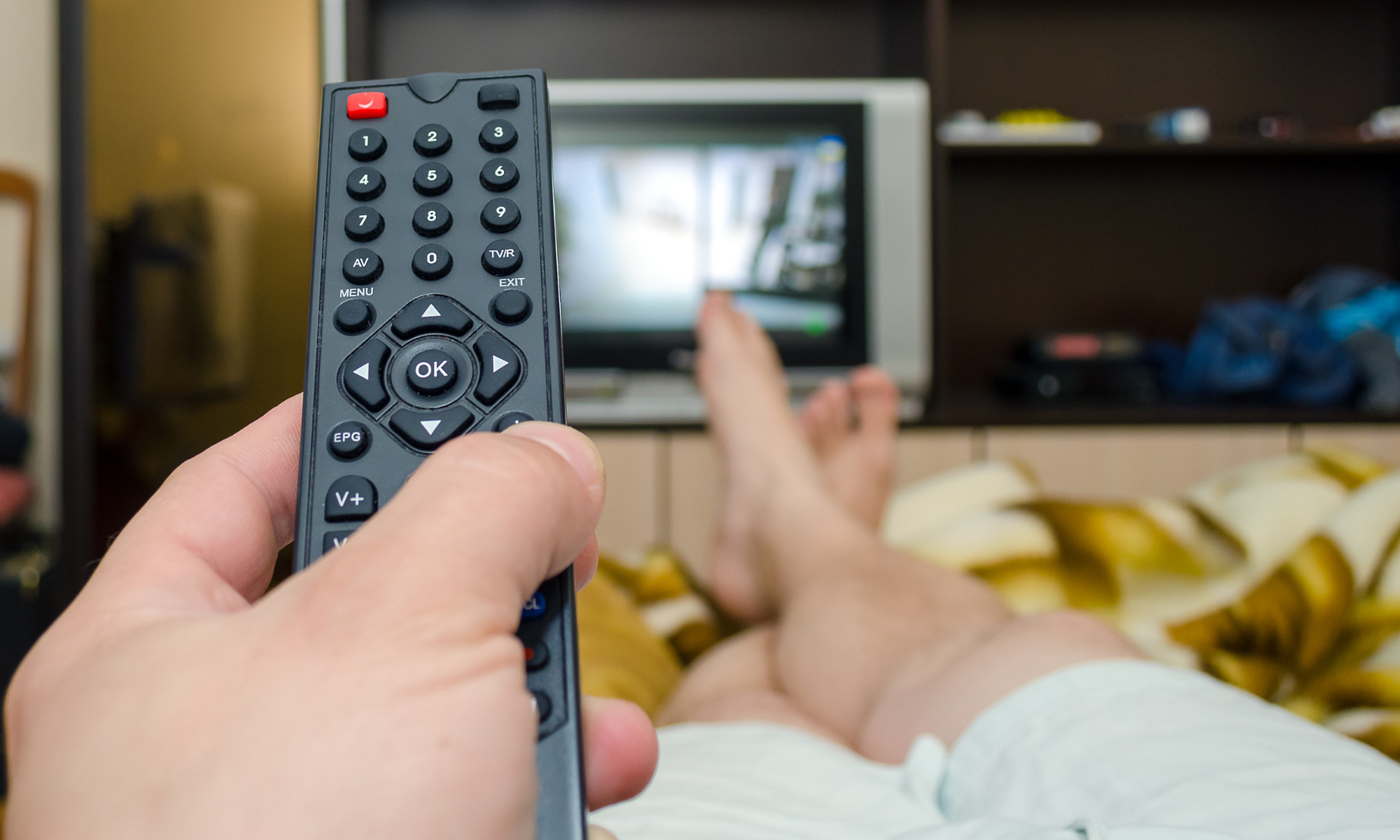
If you’re trying to lose weight but don’t move much during the day, you’re fighting an uphill battle. Simply getting 10,000 steps or more per day and making it a point to move or be active can seriously help with weight loss, especially if you’re following these other tips and are eating a healthy diet.
But if you need more help with calorie control, you will likely benefit from structured exercise like gym workouts, a daily walking routine, a yoga class, or an aerobics class. Exercise can help you increase your calorie deficit if you’re struggling to reduce your food intake further.
Activity and exercise also help to boost your metabolism and fat burning ability.
12. Crash Dieting
A crash diet is one that overly restricts calories, which not only affects your general health but also your metabolism. And even if you do lose some weight, it takes very little to put the weight back on once you start eating again. It’s better to eat the right foods at the right times to promote healthy weight gain and keep your metabolism functioning at optimal levels.
Crash dieting differs from intermittent fasting, which only restricts calories for a short window and can help some people lose weight.
Weight Loss Makes Your Bladder Happy
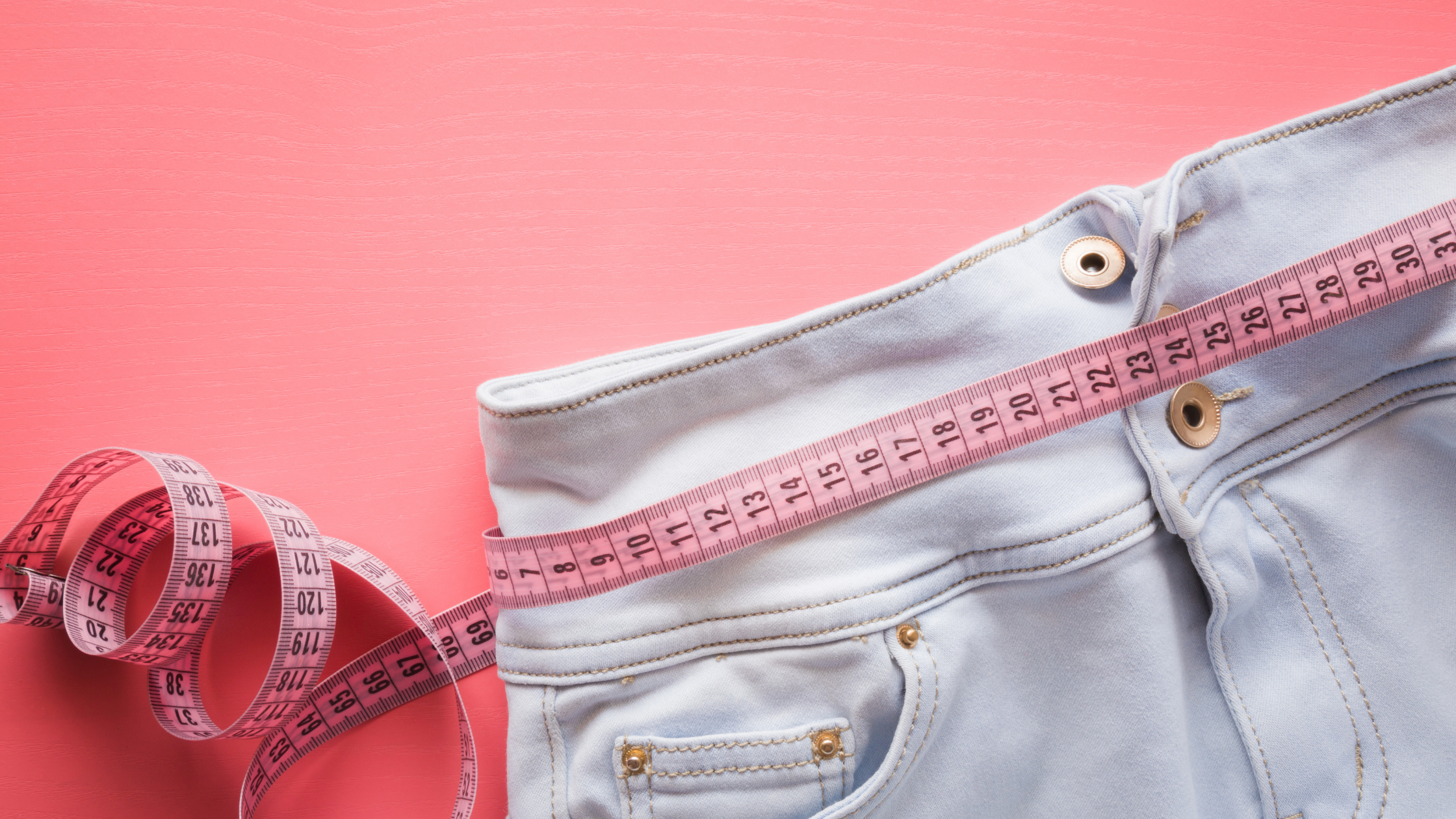
While a healthier bladder probably isn’t your primary reason for setting a weight loss goal, it is a welcome benefit. Losing weight relieves excess pressure on the abdominal cavity and bladder and can improve incontinence symptoms.
Whether you have light, moderate, or heavy bladder leaks, TYE Medical has a product to suit your needs. You can learn more about our Two-Piece System and shop our online store to receive free, discreet shipping on all orders.

